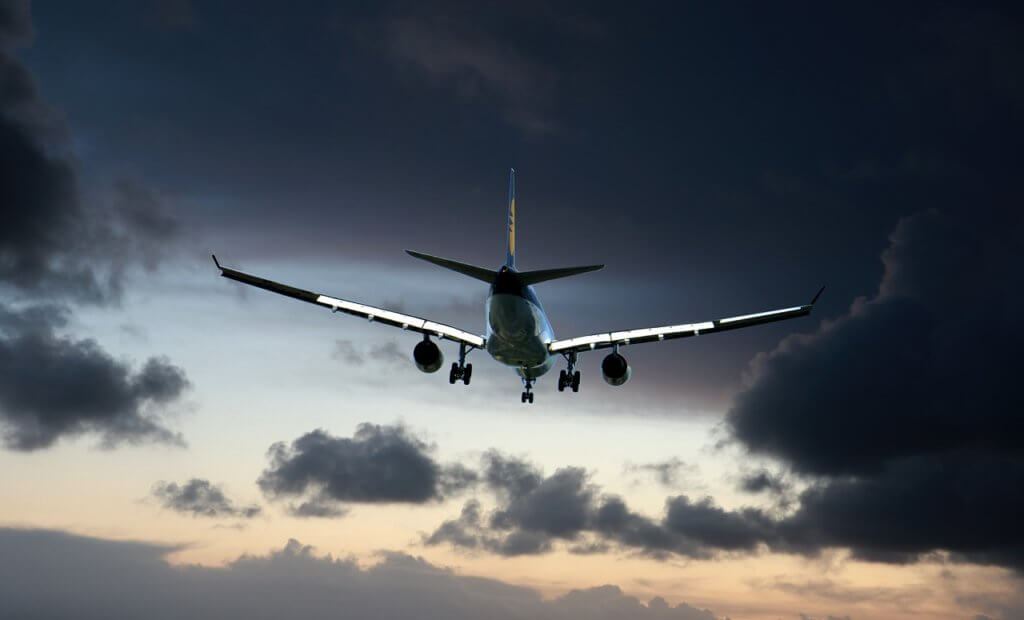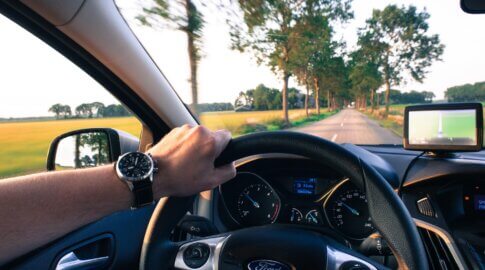“I finally feel confident enough to go on holiday abroad, but I’ve no idea how to go about organising oxygen for a flight. Can you help?”
PHA UK Support Nurse Paul Sephton says…
“The first thing you should do is check with your specialist centre that you are able to travel on a plane. Only then should you start your holiday plans.
You may need a ‘fitness to fly’ letter, and this will need to be issued by your specialist centre within 14 days of your flight. But please get in touch with them as soon as you know you’ll be flying, ideally at least six weeks beforehand. This is really important as it gives consultants time to prepare the letter and send it out at the appropriate time.
Even if you’re not normally on oxygen, you may need it to fly, especially if it’s a long-haul flight. This is all to do with cabin pressures, and your specialist centre will be able to advise on this too.
It’s important to remember that airlines will not allow you to take your own oxygen cylinders on board. If you own a portable oxygen concentrator, check with the airline to ensure they will allow your individual concentrator on the flight.
So, once you’ve been given the ok to fly by your specialist centre, it’s time to start doing some research. Preparation is key and although it may feel like a hassle, it’s worth making some calls.

First and foremost, when you make plans to fly, you need to ask the individual airlines whether they supply oxygen on the plane themselves or you need to hire the oxygen apparatus yourself – as this will help you decide who to go with and will affect the overall cost of your trip.
For example, a budget airline may list a cheap flight price, but you then may have to pay an additional £300 to a separate supplier for your oxygen. Whereas a more premium airline may include oxygen, so it may work out cheaper overall.
It’s worth bearing in mind that most airlines will have a limit on how many people can take oxygen on board, usually two or three. This is on a first come, first served basis, so again it’s important to call ahead and check the situation before you book your flight.
Don’t be afraid to make these calls. The airlines deal with this kind of thing all the time and they are so much better now at dealing with these enquiries than they used to be.
My top tip is that if you need assistance at the airport, for example to get around, speak to them about this when you call too.
If you need oxygen whilst you’re on holiday, as well as on the flight, this is something you need to organise yourself.
It’s worth contacting Pure o2 for advice and a quote, and Baywater Healthcare have an information line on 0800 373 580. They also have very helpful information on their website.
Remember to check with your accommodation that they are happy for you to have oxygen delivered there.
Many people on oxygen choose cruising over flying. But not all ships have piped oxygen, and cylinders present a risk because of storage. So even if you are planning to travel by sea, it’s important to do your research and check with the cruise company that they are able to accommodate your oxygen needs and requirements.“
















